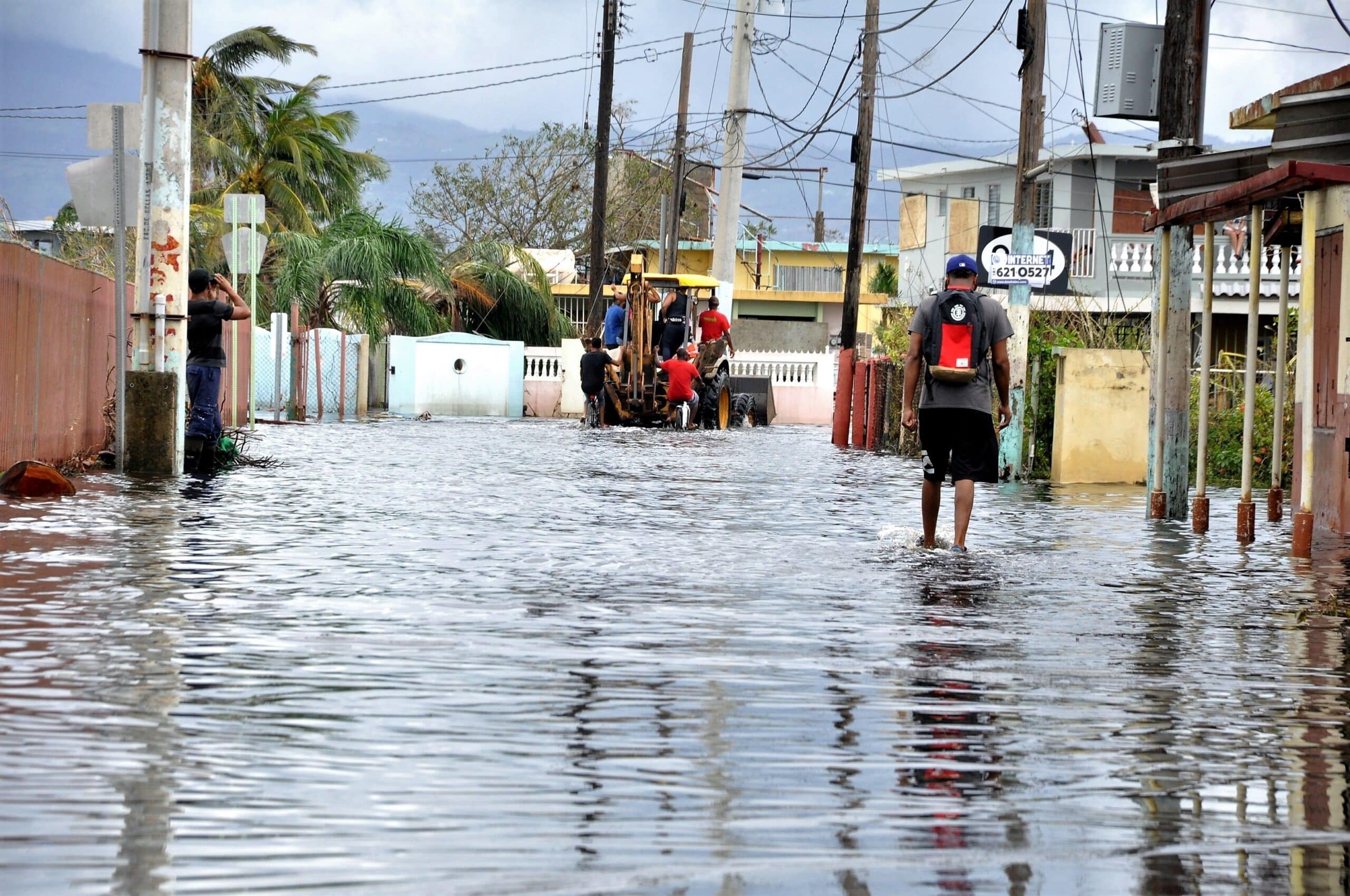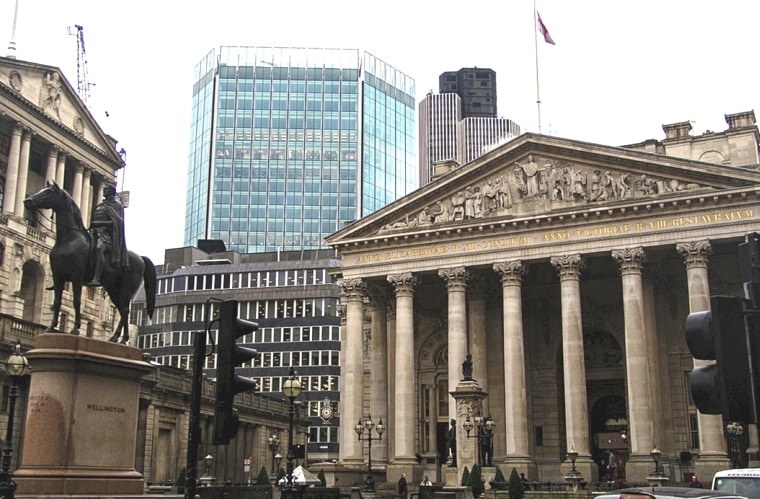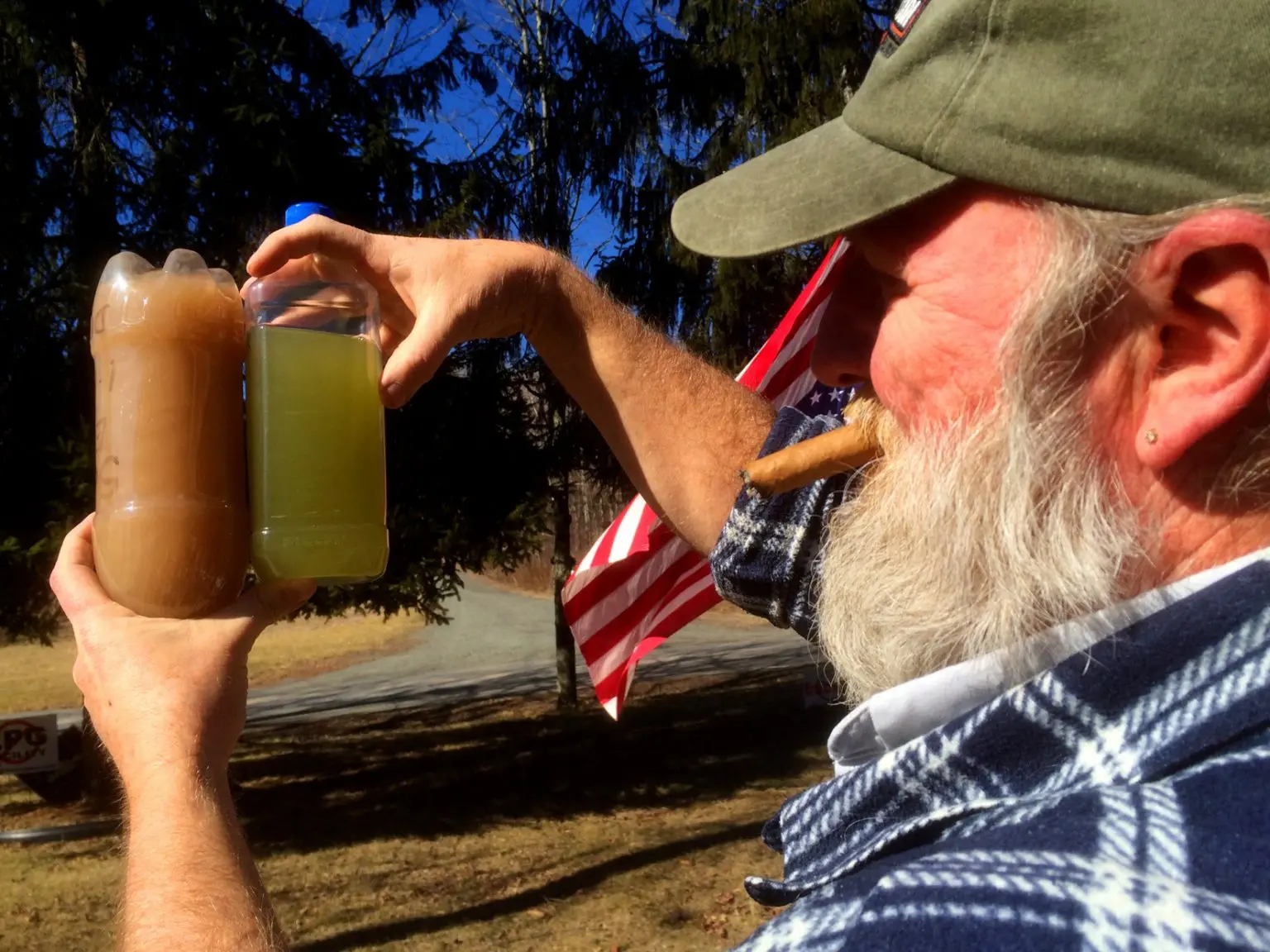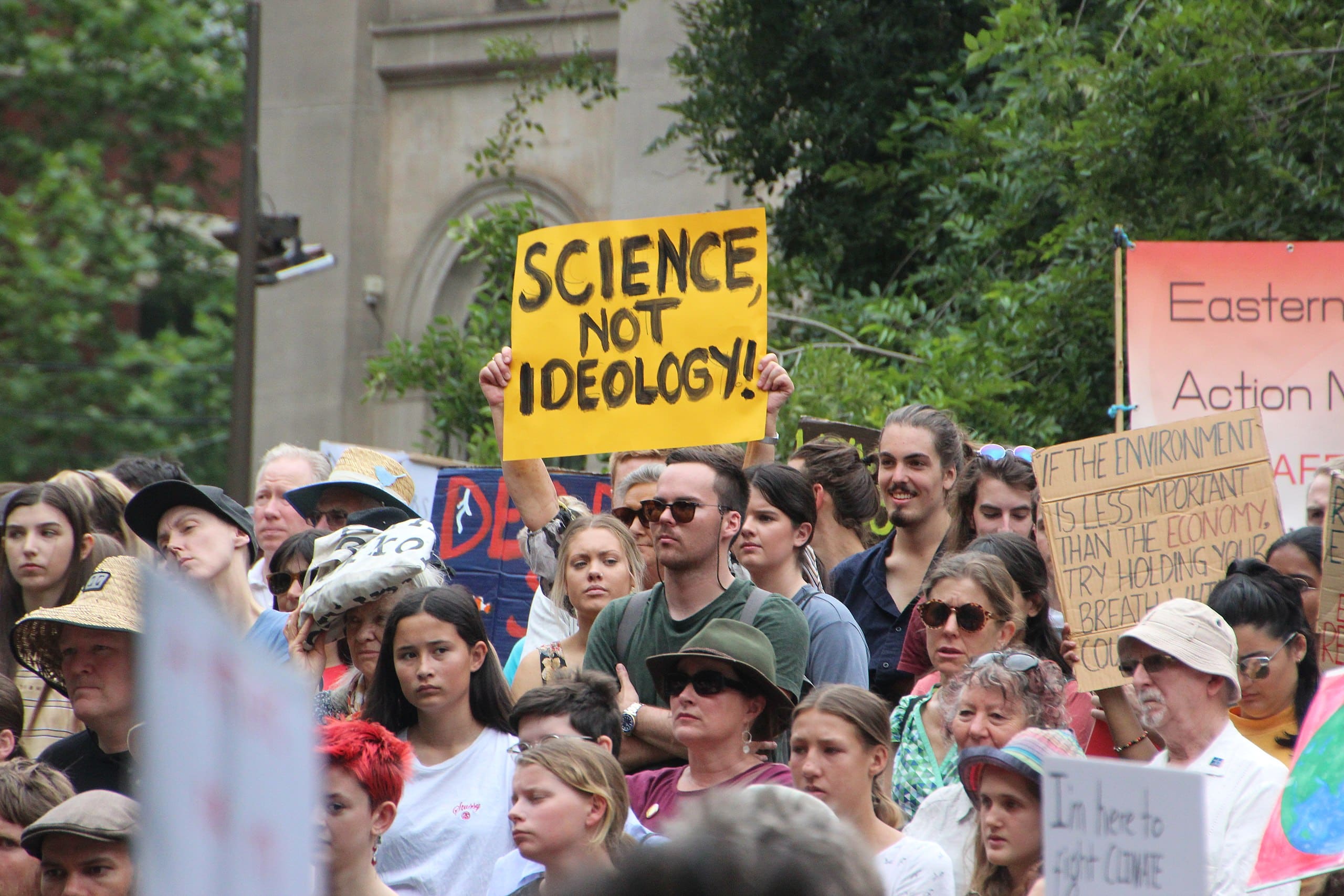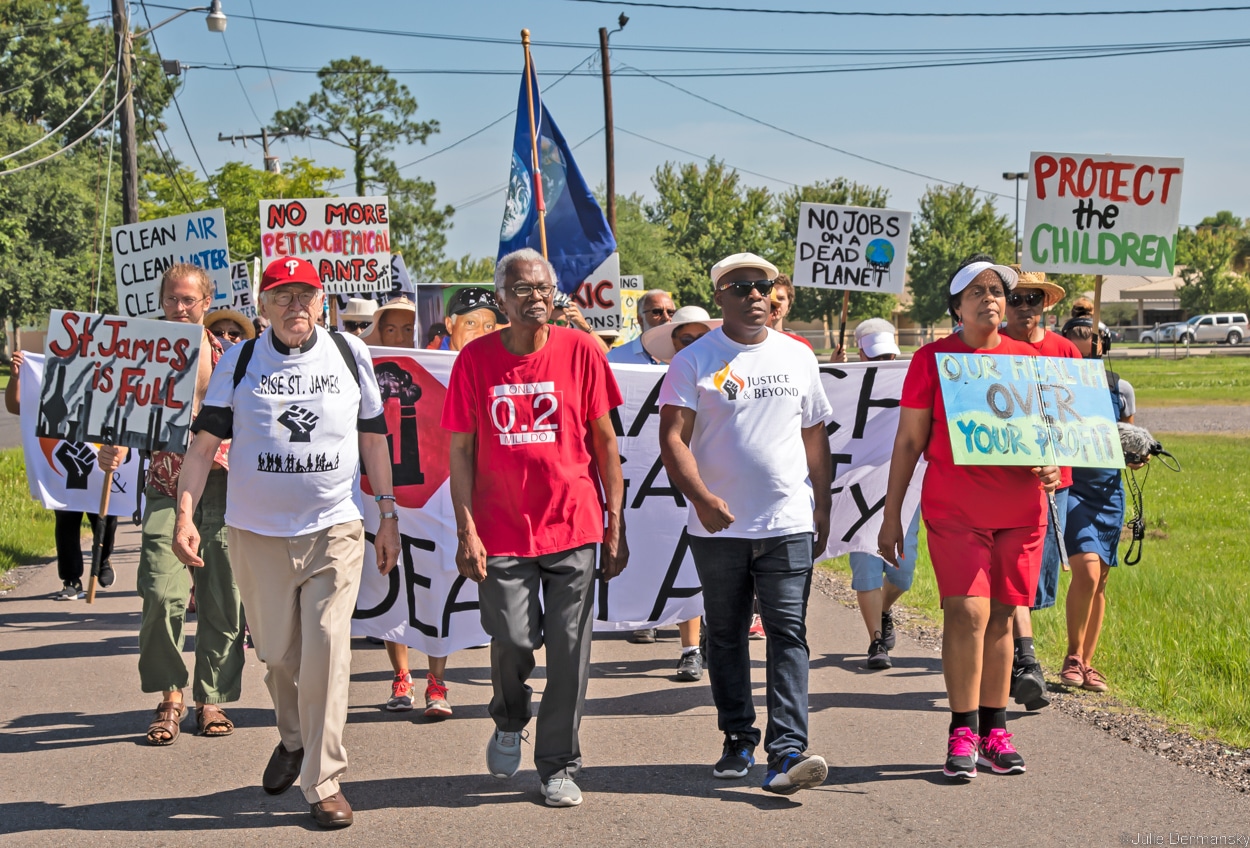
Message From the Editor
Puerto Rico made climate liability litigation history last week when it filed a groundbreaking lawsuit alleging that fossil fuel companies colluded to profit by misleading the public about the climate harms of their products.
The class action lawsuit filed by more than a dozen Puerto Rican cities, is the first to bring claims under the Racketeer Influenced and Corrupt Organizations (RICO) Act, a federal statute designed to fight organized crime or other corrupt conduct.
RICO has been successfully used to hold the tobacco industry accountable for lying about the health hazards of their products, but has not before been used in a case against the fossil fuels industry.
Although it adds an extra level of challenge to the case — since it will require proving collusion between the fossil fuel companies — Patrick Parenteau, emeritus professor of law and senior fellow for climate policy in the Environmental Law Center at Vermont Law and Graduate School, told us that he thinks “this opens a whole new front in the climate liability war.”
The case’s complaint drew on entries from our Climate Disinformation Database, one of which we’ve featured below. For more than a decade, we’ve covered the fossil fuel industry’s efforts to deny or obscure the links between their products and climate change, and delay climate action. We’ll be following this case closely as part of our climate change lawsuits series, so stay tuned for more.
Have a story tip or feedback? Get in touch: editor@desmog.com. Want to know what our UK team is up to? Sign up for our UK newsletter.
Thanks,
Brendan DeMelle
Executive Director
P.S. Our powerful public-interest journalism is made possible by our generous donors. Can you donate $10 or $20 right now to support our team?
Image credit: The National Guard (CC BY 2.0)
Puerto Rican Cities Sue Fossil Fuel Companies in Major Class-Action, Climate Fraud Case
— By Dana Drugmand (6 min. read) —
Nearly 25 years ago, oil major Shell predicted in an internal 1998 report that a class-action lawsuit would be brought against fossil fuel companies following “a series of violent storms.” That prediction is finally coming true: A group of Puerto Rican communities, which were ravaged by Hurricanes Irma and Maria in 2017, are suing Shell and other fossil fuel producers in a first-of-its-kind, class action climate liability lawsuit.
The groundbreaking case — filed November 22 in the U.S. District Court for the District of Puerto Rico — is the first climate-related class action lawsuit in the United States filed against the fossil fuel industry to target the industry with federal charges of racketeering.
Leading ‘Sustainable’ Investment Funds Backing Fossil Fuels, Research Finds
— By Christopher Deane (4 min. read) —
Major investment funds available to UK consumers are marketing themselves as “sustainable” and “ethical” while financing fossil fuel companies, research has found.
Numerous asset managers are using “green” terms in their branding despite investing in oil giants, with the worst performer being a fund managed by BlackRock, a report by the Ethical Consumer magazine shows.
Fracking Company Pleads No Contest in Iconic Water Contamination Case in Dimock
— By Nick Cunningham (4 min. read) —
On Tuesday, gas company Coterra Energy pleaded no contest to environmental crimes related to contaminated water supplies from fracking operations more than a decade ago. The plea is the culmination of a long saga that has left residents of a small Pennsylvania town without clean drinking water for 14 years, and it resulted in some semblance of accountability for a company that has long denied any wrongdoing.
Heartland Institute’s Survey Actually Supports the 97% Climate Science Consensus It’s Trying to Attack
— By Glenn Branch (4 min. read) —
The Heartland Institute, a self-described free-market think tank notorious for its climate science denial efforts, is at it again. This time, Heartland is frantically spinning the results of a survey it commissioned in its latest attempt to dispute the robust scientific consensus on climate change.
To be clear, climate experts overwhelmingly agree that climate change is happening and that humans are primarily responsible. And there’s plenty of evidence about that consensus.
Fenceline Community Groups in Louisiana’s Cancer Alley Celebrate Mounting Victories
— By Julie Dermansky (9 min. read) —
“We decided to fight in courts instead of on the streets,” Sharon Lavigne, founder of RISE St. James, explained to me on a call, describing her faith-based community organization’s latest legal victory. The decisive free speech win follows other recent notable milestones for environmental justice advocates in the petrochemical and refinery-lined river parishes between Baton Rouge and New Orleans — an area known as “Cancer Alley,” where Lavigne lives.
From the Climate Disinformation Database: Committee for a Constructive Tomorrow (CFACT)
Committee for a Constructive Tomorrow (CFACT) is a tax-exempt 501(c)(3) organization founded in 1985 by David Rothbard and Craig Rucker to pursue a free-market approach to environmental issues. CFACT describes their mission as “relentlessly infusing the environmental debate with a balanced perspective on environmental stewardship.” SourceWatch describes CFACT as the conservative answer to U.S. Public Interest Research Groups such as NYPIRG, ConnPIRG, and other progressive organizations lobbying for environmental issues.
Read the full profile and browse other individuals and organizations in our Climate Disinformation Database and Koch Network Database.

